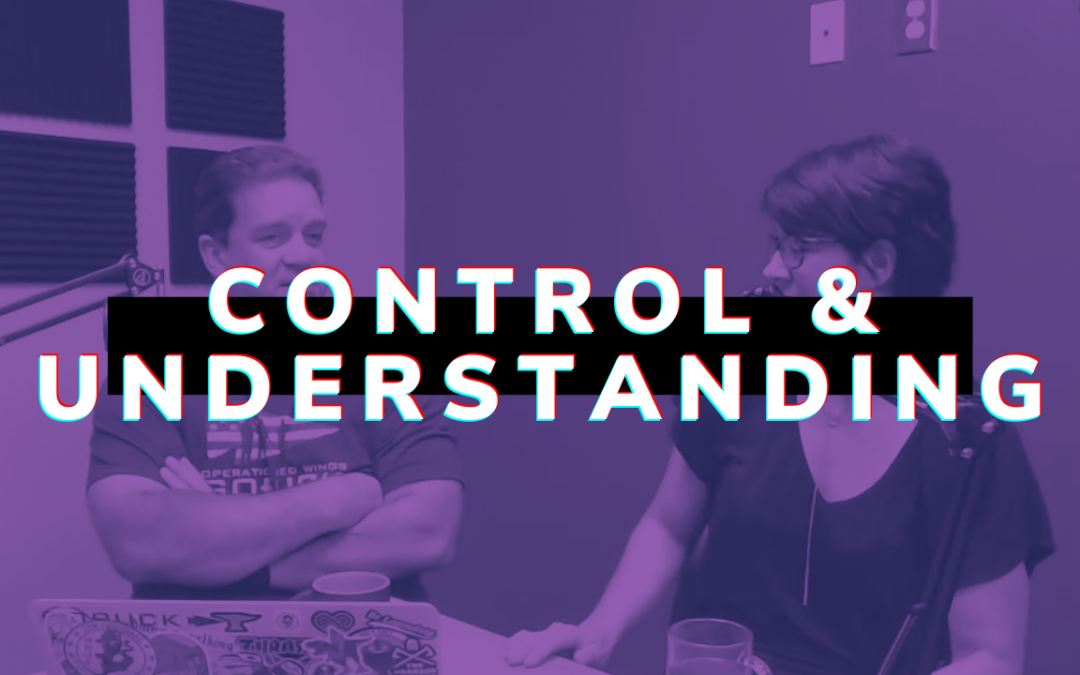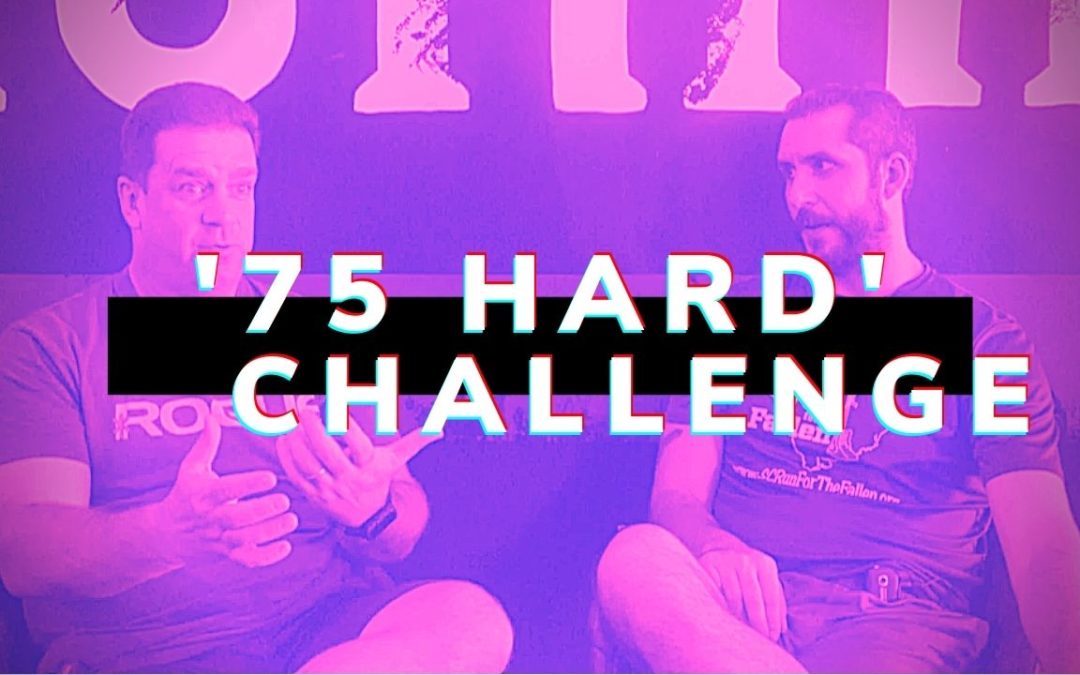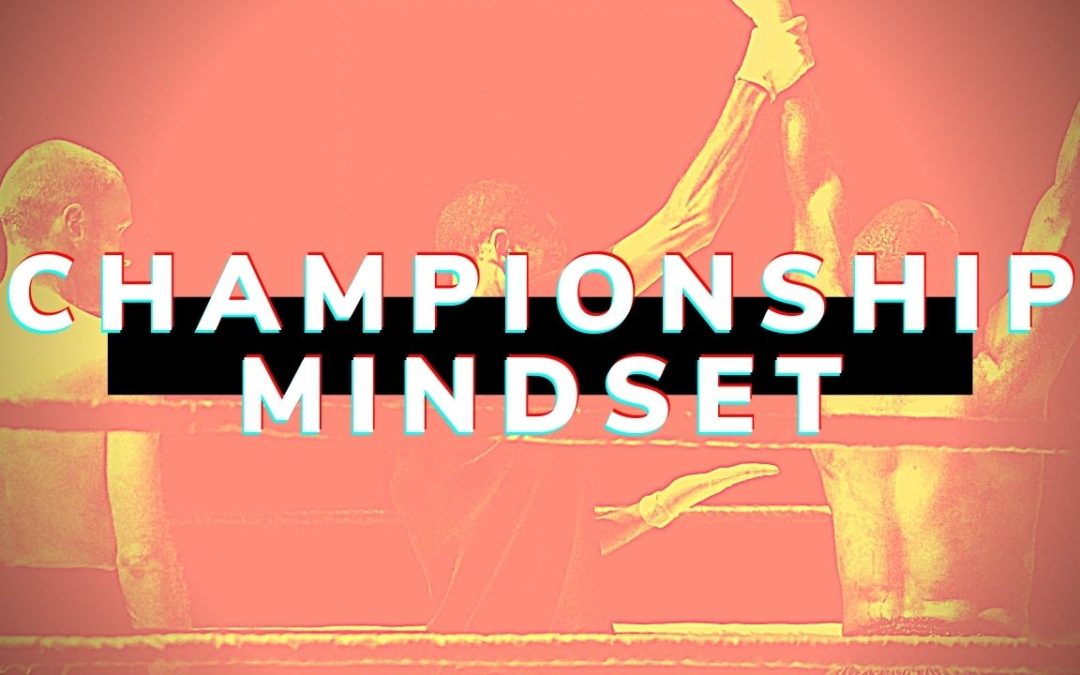


’Bitching’ & ‘Complaining”
Join us as we ramble through our opinions on ‘bitching’ and decisions and other things that affect us on a daily basis.
(more…)
’75 Hard’ Challenge
What is the ’75 Hard’ challenge about. How’s it going and what to look forward to with it.
(more…)
Championship Mindset
(more…)
MINDSET
What is your mindset like?
How do you set yourself up for success when you’re undertaking a new challenge or attacking a goal? You start with your mindset, get that right and everything else is secondary.
(more…)